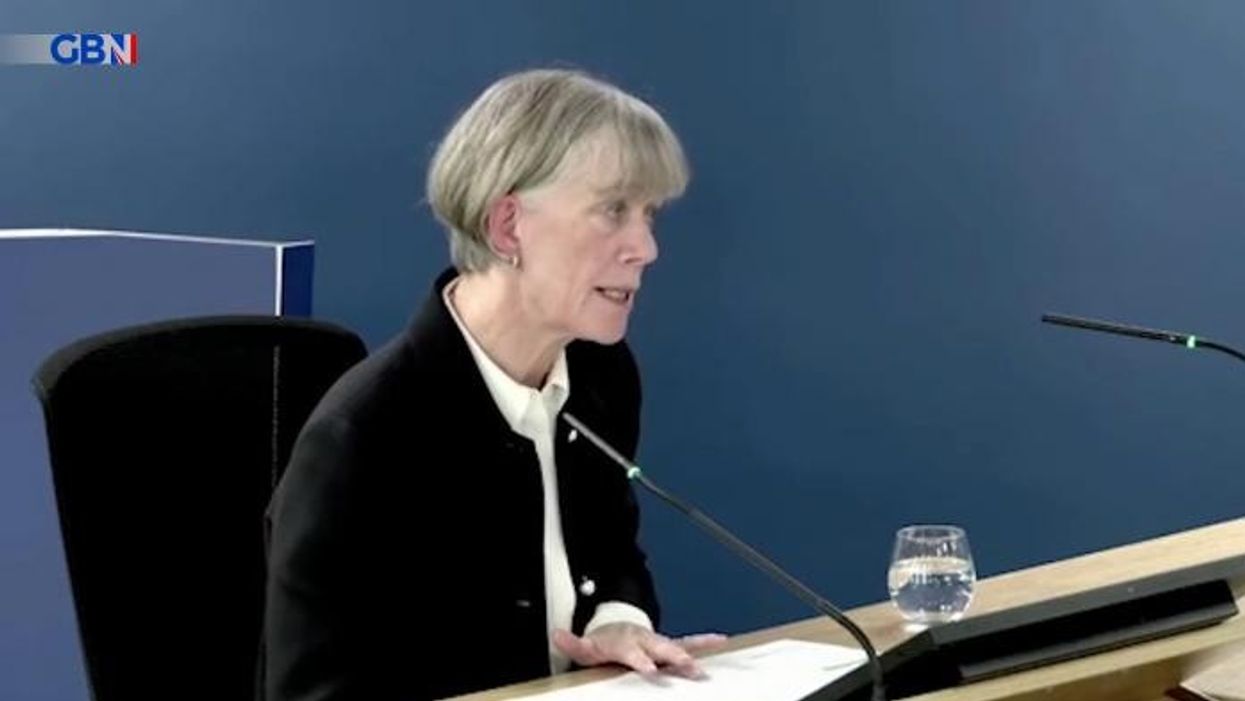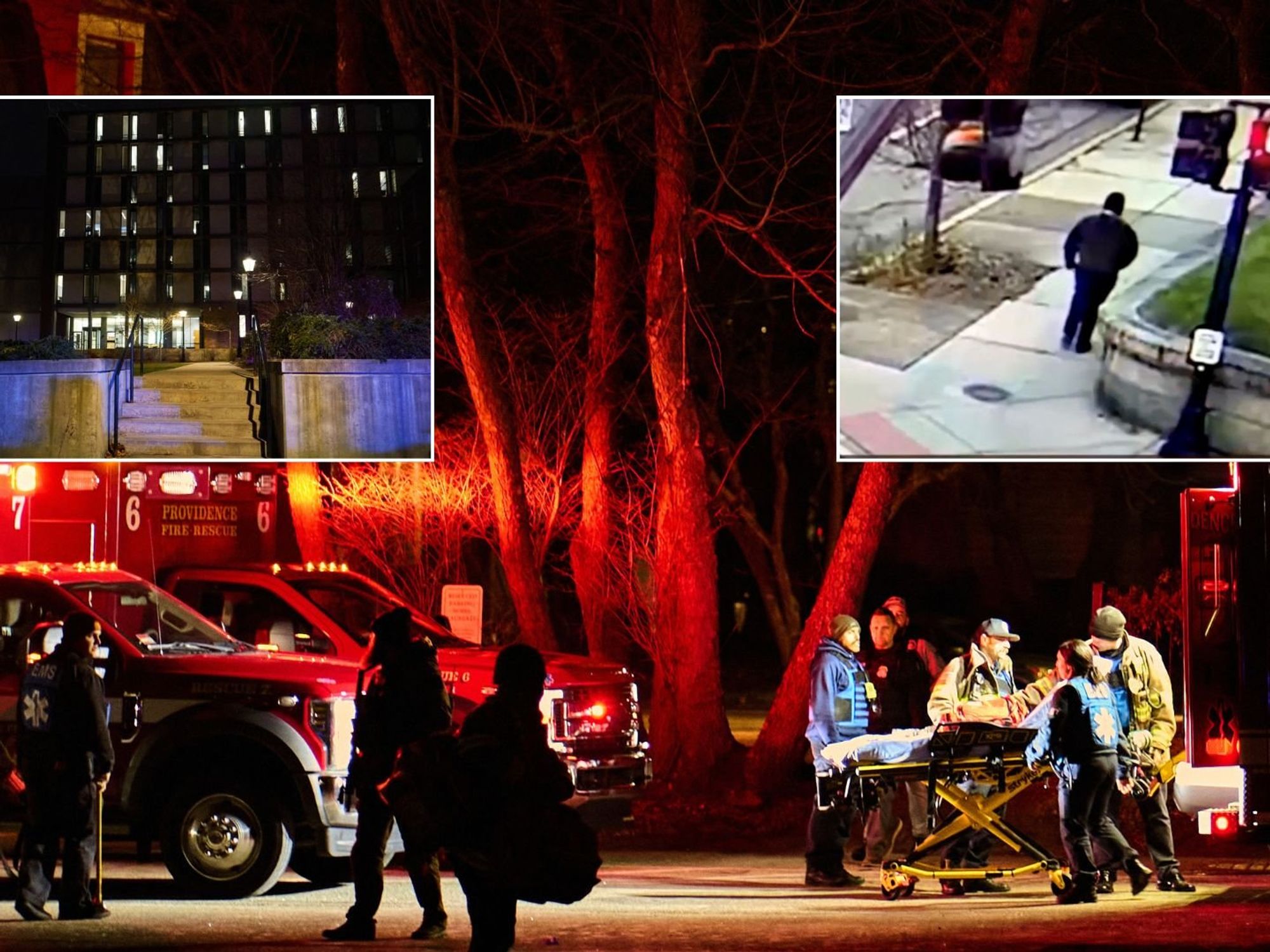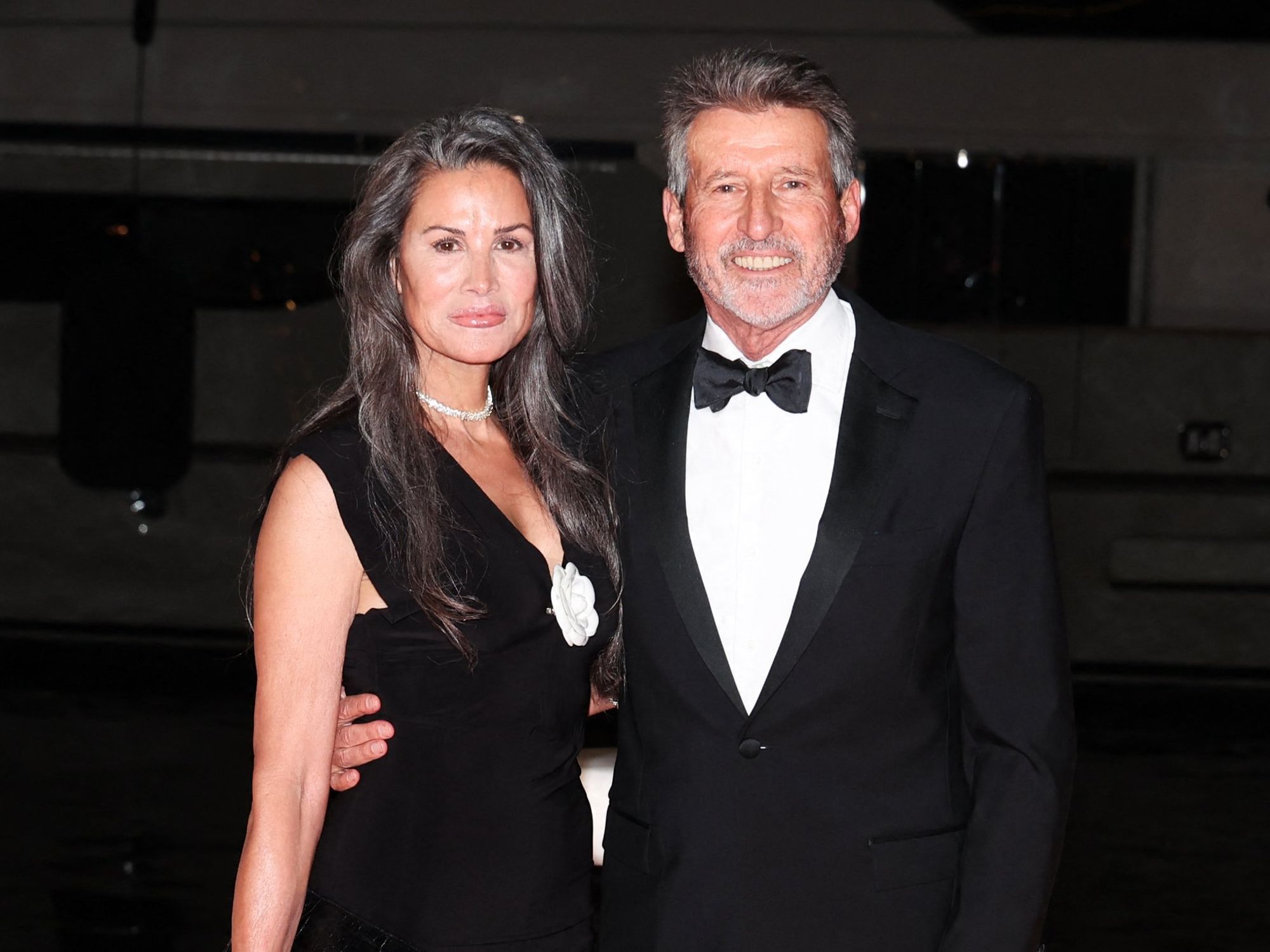‘Could have been avoided’: No10’s scientific adviser bemoans ‘harsh’ Covid lockdowns and argues circuit-breakers ‘work better’

Dame Angela McLean took over from Sir Patrick Vallance as No10’s chief scientific adviser
Don't Miss
Most Read
Covid lockdowns would have not been anywhere near as “long or harsh” had officials imposed short circuit-breakers, the Government’s top scientist has claimed.
Dame Angela McLean, who this year took over from Sir Patrick Vallance as No10’s chief scientific adviser, believes imposing the measure would have led to less “damaging” ramifications.
Circuit-breakers were introduced as a tight set of restrictions for a fixed period of time.
Speaking at the Covid inquiry, McLean argued they would have avoided creating a “panicky situation”.
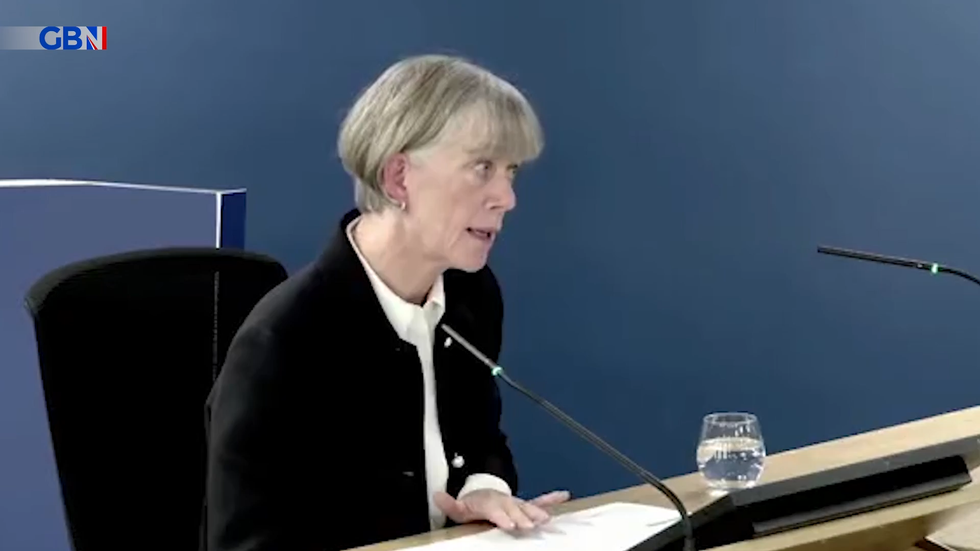
Dame Angela McLean speaks to the Covid Inquiry
|Covid Inquiry
She told the inquiry that officials held “midway reviews” in April 2020.
She added that discussion in September 2020 focused on the prospect of cases rising as a result of seasonal factors.
LATEST DEVELOPMENTS
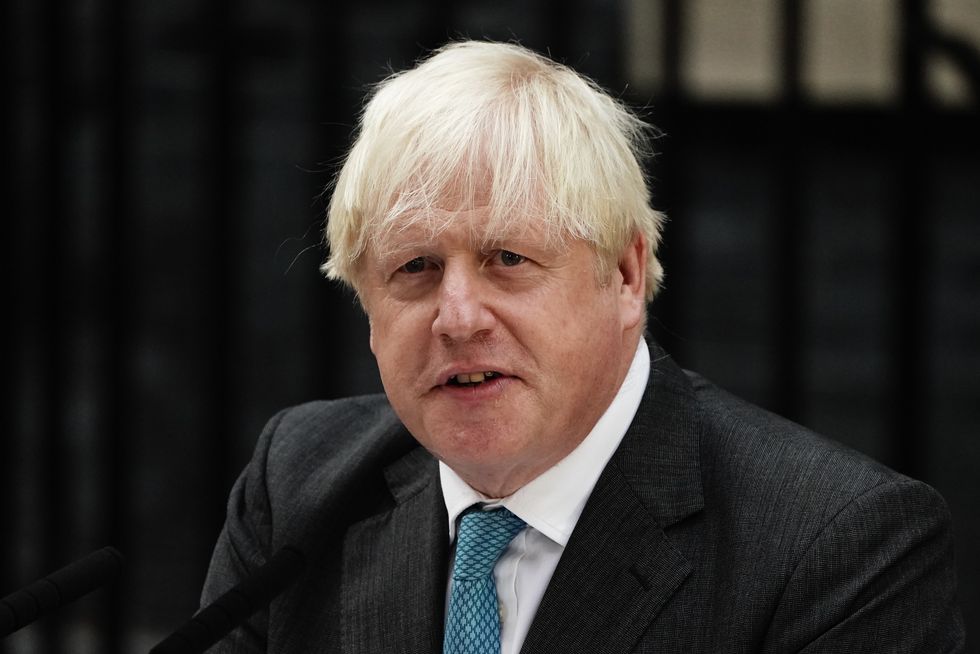
Boris Johnson did not indulge the circuit-breaker idea
| PASpeaking to Joanne Cecil, console to the inquiry, she said “This [a circuit-breaker] is when we needed to do it”.
“Interventions that keep a epidemic flat are not as bad, not as damaging as the ones that you have to impose if you have got to get cases down really fast.”
She later added: “There were plenty of good reasons why intermittent short lockdowns could well have worked better than the long, harsh lockdowns that we had to live with because we put them off to the last possible moment.”
Dame Angela said the decision to not impose a circuit-breaker in September 2020 was a “mistake” that left her “very worried”.
Cases soared and officials were forced to impose a month-long lockdown in November 2020.
While England did not see circuit-breaker restrictions, they were imposed in October that year in Wales, Scotland and Northern Ireland.
She said: “If we had acted decisively then we would have learned from March, but we didn’t.
“That was the time to act. We kept saying so. We kept thinking why weren’t we explaining clearly enough what we needed to do.”
Adding to her witness statement, she branded the second lockdown a “terrible moment”.
She went on to say: “It felt like March all over again. We wait til the last possible moment – we delay and delay a decision, and then we have to slam the brakes on as hard as possible, with the attendant social costs and economic costs.”


